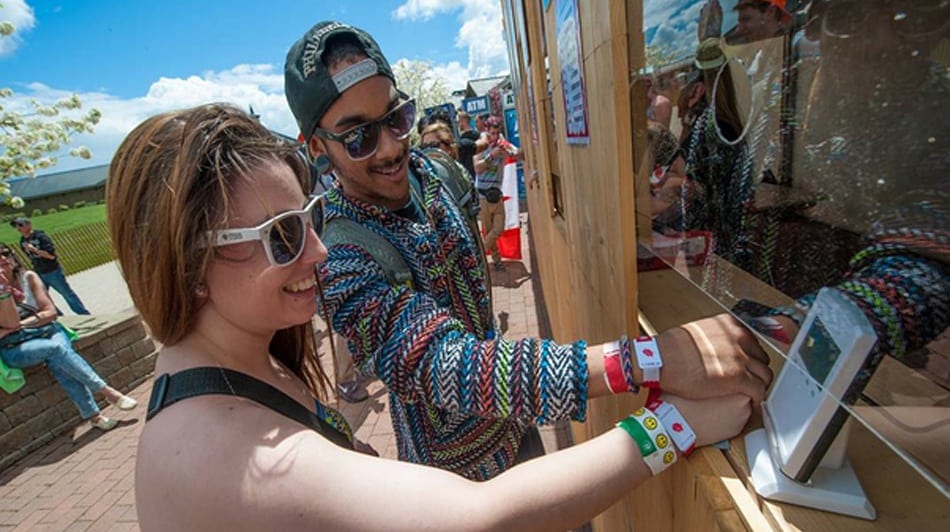In October of 2017, a gunman opened fire on a concert attended by over 22,000 people. From the 32nd floor of the Mandalay Bay Resort and Casino, he fired more than 1,100 rounds, leaving 58 people dead and over 800 injured. The event was not only traumatic for attendees and family members but also eye-opening for event organizers. How did this happen? And how event security be improved to prevent catastrophes in the future?
Recently, the 158-page report based on 500 officer reports, 650 interviews, 4,900 dispatch calls, and more than 3,000 body camera videos, was released based on the 2017 Las Vegas shooting published by the Las Vegas Metropolitan Police Department. The report provides insights and recommendations on, highlighting where things went wrong but also where they can be improved in the future for police departments. Knowing that the worst-case scenario must always be taken into account but can be hard to predict, what can event organizers do?
Here are the most critical items for event organizers when thinking about emergencies and safety at their upcoming events:
Start Early: Contact the Local Law Enforcement Department Before the Event
After the Las Vegas incident, policing changed remarkably for events hosting more than 15,000 people. Even two years later, policies continue to be updated, event security trainings are held, and more learnings are released.
While local police or fire departments may not be fully equipped or prepared to handle any and all emergencies, it’s important for event organizers to work closely with emergency services based on potential scenarios. Teaming up with these services early gives organizers the time to properly train event volunteers.
Further, emergency services can provide insight and recommendations for event volunteers and stewards. A close partnership can only strengthen the overall security and quicken response times. Work to create a communication structure, procedures, and immediately actionable items to streamline processes.
Prepare and Stock Up on Life-Saving Supplies
Even with high event security measures in place, bad things can still happen. After the Boston Marathon bombing, police departments everywhere provided tourniquets to officers in the field so they could act as first responders. The Las Vegas police department alone provided over 2,000 tourniquets to officers. However, as gunfire victims continued to accumulate, both first responders and local hospitals ran out of tourniquets. Officers improvised and began to use shirts, belts, and whatever was accessible nearby.
Rather than creating the need for improvisation, event organizers can and should partner to stock up on all necessary medical supplies and trauma kits. Moreover, event volunteers, stewards, and even officers need proper training to deploy the supplies in a time of emergency. In some situations, adequate training and supplies can mean the difference between life or death for a victim.
Prepare Policies around Emergencies
Working together with your local law enforcement, understand how best to handle evidence, personnel, and media both during and after emergencies.
Evidence policies: During the Las Vegas shooting, attendees broke fences in order to escape, which later provided access points for anyone to enter the crime scene. Preserving physical evidence is critical for further investigation, as well as for the coroner. Ensure there is a follow-up policy from event organizers and emergency services to secure the site at all times, even after a disastrous event.
Digital evidence must also be collected and analyzed by investigators. Event organizers must think and create policies ahead of time to address the question: how will this evidence be handled when it comes to media and investigation procedures?
Hospital Response policies: The more first responders, the better. Consider working with local hospitals to understand their needs, as well as ways to streamline in case of emergency; for example, perhaps staging EMS personnel outside of hospitals can prevent hospital staff needing to leave the facility. Hospitals may also want protection from the police during emergencies, and this may already fall under the police department’s procedures. Acting as a middle-man to clarify timelines and communication procedures with emergency services will make things easier if the worst-case scenario rears its ugly head.
Media policies: It is critical to create policies to address the following questions: How will your event handle local and non-local media queries? Who is the point person? How quickly and in what manner will the point person respond to media? The greater public will want immediate answers from media sources, as will families and friends of attendees.
These are only a few of the critical lessons obtained from the official report, so it’s encouraged to read the complete report to really grasp the full scope of the tragedy and the event security learnings of the Las Vegas Metropolitan Police Department


